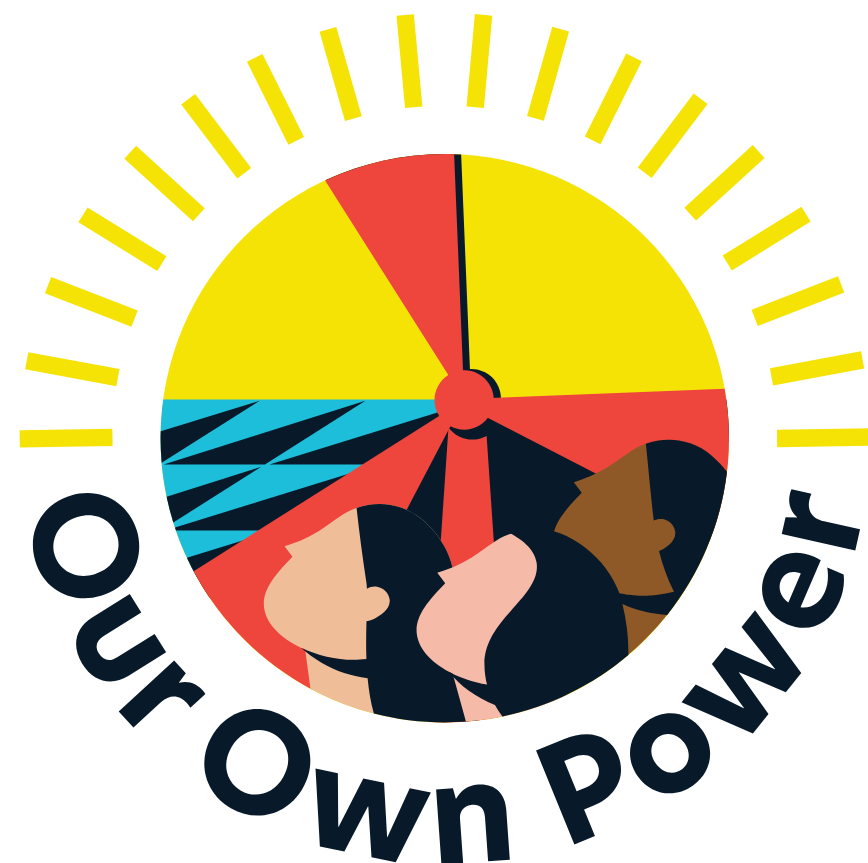Want to put solar panels on school? Want to get the electrical grid to hookup a new wind turbine? Want to get your city managers to support a new just transition plan? Then you’ll need to get sign-offs from bureaucrats, insiders… whatever you call them.
Every situation is different and requires its own analysis. But here is some advice from past campaigners:
Do a spectrum of allies inside the bureaucracy
If you’re going to be dancing with them for a long time, use the spectrum of allies to analyze who is inside. You won’t know nearly enough, but really try to gauge people the best you can. Any bureaucracy is a web of personalities, informal power, and overt power. Try to map out the institution.
Don’t root it on our values, root it on theirs.
“I hate working with climate campaigners,” says one advocate. “They always talk about climate, climate, climate. But the reality is that someone will endorse this because it saves the city money, or because it’s going to be a regulation in 6 months and so we might as well get prepared, or because they want to get away from Big Oil and more energy independence, or because it screws another part of the government they despise…”
When you’re talking to an insider, don’t forget there’s a myriad of reasons they might be with you. Use good organizing by talking to their values and listening to them (remember those lessons about having 1-on-1s.)
Don’t knee-jerk escalate or demand more.
Climate activists are known for being activists and their values are rooted aiming for a wide societal change. But you may need the people inside — and that means you can’t just rapidly rush to escalation.
The mayor says no to your campaign? Ask their chief of staff what needs to be done to get them to yes.
The city manager says there is just no budget for this? Find an insider to help walk you through the budget to come up with options.
This includes after a win. One advocate recalled that after a win they got a call from an angry mayor. “I did what you asked. I signed the bill even though all the business community told me not to. But when it went public, who attacked me? Not the business community, they pretend they always loved the plan. No, after I sided with those climate activists and did 90% of what they asked me, they attacked me in public over that 10%. What’s the point of me spending political capital on them?”
Many activists, however are trained in constant escalation — so we don’t “take the win” because we are so conscious of deficiencies. This is especially true on climate change, where no single action can be commiserate with the scale of the problem. That reality, however, also makes for challenges accepting partial wins in a graceful enough way that your allies and insider friends are willing to do more the next time.
Our radical aims and the practical realities can be in tension. A campaign can be wise by considering the timing, the method, and the place for public agitation for more.
Don’t isolate your most values-aligned insider
A local group was trying to get local renewable solar from their electrical company. They made contacts inside the company and found a few people who were supportive. One had a role specifically to do this kind of work — and the person wasn’t doing it.
The campaign strategized and almost made the mistake of targeting that person. “Do your job!”
BUT, the campaign learned this person was an ally. They had been ordered by their boss not to do that research and had actually gone ahead and done some of the research and hidden it from their boss because they weren’t ready to risk their job.
The campaign almost made a classic blunder: isolating the insiders who most align with your values.
There are lots of other ways of isolating your values-aligned insider:
- Calling them out publicly or talking badly about them to their colleagues — undermining their social power in the institution;
- Having them as your contact with an institution but then “surprising” them with actions — this reduces their credibility in the eyes of their internal colleagues;
- Publicly targeting them.
This doesn’t mean don’t ever target them. But you better be really careful because doing that — you want to empower the people who are most likely to help you.
Don’t be too impatient.
Yes, we want it to happen. But understand there are steps that an institution expects to be taken. Understand those steps and get them clearly laid out. This kind of campaigning can be challenging for activists used to broad asks (“create a just transition”) because it’s all in details (“the draft is written by the deputy minister’s staff before it goes to………”).
But do keep asking. And reminding. And keeping a paper trail.
After a year of unsuccessfully getting a required solar hookup from the electrical company, one person decided to stop waiting patiently and ended up writing a message nearly daily. They kept a paper trail of interactions with the electrical company of. They kept trying to escalate their case upwards. After a few weeks they had a large folder they showed an upper manager — and soon they had their hookup. (If they were to do it again, they recommended starting writing more regularly.)
If it’s outrageous, go to the press.
In another similar situation, they realized they just needed to escalate. They called a local environmental group and did an public protest outside the electric company — both profiling their individual cases in the paper but also the general policy. The policy got a little bit better. And they got their hookup days later.
